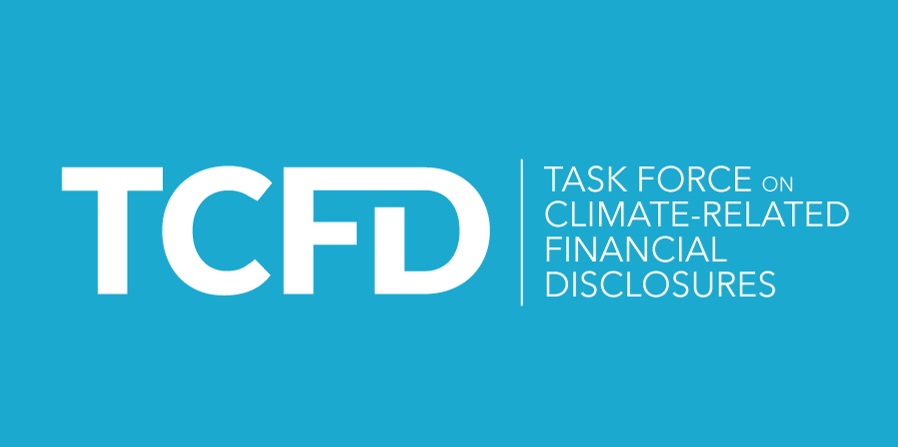TCFD Reports 85% Increase in Organizations Supporting Climate Disclosure Recommendations
The Task Force on Climate-related Financial Disclosures (TCFD) announced the publication of its 2020 status report today, indicating significant progress on efforts to improve and increase reporting of climate-related financial information by organizations globally.
The TCFD was established by the Financial Stability Board (FSB) in 2015, with the goal of developing consistent disclosure standards for companies, to be used on a voluntary basis, in order to enable investors and other stakeholders to assess the companies’ climate-related financial risk. As the movement to standardized sustainability reporting has gained momentum, several major investors have started requesting that portfolio companies align their disclosures with the TCFD recommendations.
Michael R. Bloomberg, Chair of the Task Force and Founder of Bloomberg LP and Bloomberg Philanthropies, said:
“The work that governments and businesses are doing to address the devastation caused by the coronavirus is also an opportunity to build a stronger, more resilient, and more sustainable economy – and transparency and disclosure have an important role to play. The more companies know about their risks and opportunities related to climate change, and the more information investors have, the better we’ll be able to allocate resources and make progress – so it’s encouraging to see leaders in the public and private sector implementing the Task Force recommendations, as outlined in this report.”
According to the TCFD, more than 1,500 companies, financial institutions and governments have expressed their support for the TCFD recommendations, representing an increase of over 85% since the 2019 status report. The report states, however, that despite the progress, much work remains to be done, as many companies’ disclosure of the potential financial impact of climate change on their businesses, strategies, and financial planning remaining low. As an example, the report notes that only one in fifteen companies that TCFD reviewed disclosed information on the resilience of its strategy under different climate-related scenarios.
Some of the key findings and takeaways from the TCFD status report include:
- Larger companies are more likely to disclose information aligned with the recommendations. 42% of companies with a market capitalization of greater than $10 billion disclosed information aligned with the TCFD recommendations, compared to only 15% of companies with a market cap less than $2.8 billion.
- Energy companies and materials and buildings companies are leading on disclosure, with an average level of TCFD-aligned disclosures of 40% for energy companies and 30% for materials and buildings companies.
- Expert users of disclosure identified the impact of climate change on a company’s business and strategy as the “most useful” information for financial decision-making.
Mary Schapiro, Head of the TCFD Secretariat and Vice Chair for Global Public Policy at Bloomberg LP, said:
“Investors are increasingly demanding climate-related disclosures from the companies they invest in, and this demand is driving global momentum around the TCFD recommendations across financial and non-financial sectors. We have provided a foundation that is improving the quality and consistency of this type of disclosure, and may help encourage a standardized approach across sectors and regulatory jurisdictions. We look to companies and investors to utilize the tools we have provided to accelerate the pace of progress.”
FSB Chair Randal K. Quarles added:
“The TCFD recommendations support greater consistency in climate-related risk disclosures by companies around the world, which will help to prevent market fragmentation. The report shows that there has been significant momentum around adoption of and support for the TCFD’s recommendations, while also highlighting and making proposals to address challenges to more consistent and robust implementation.”





